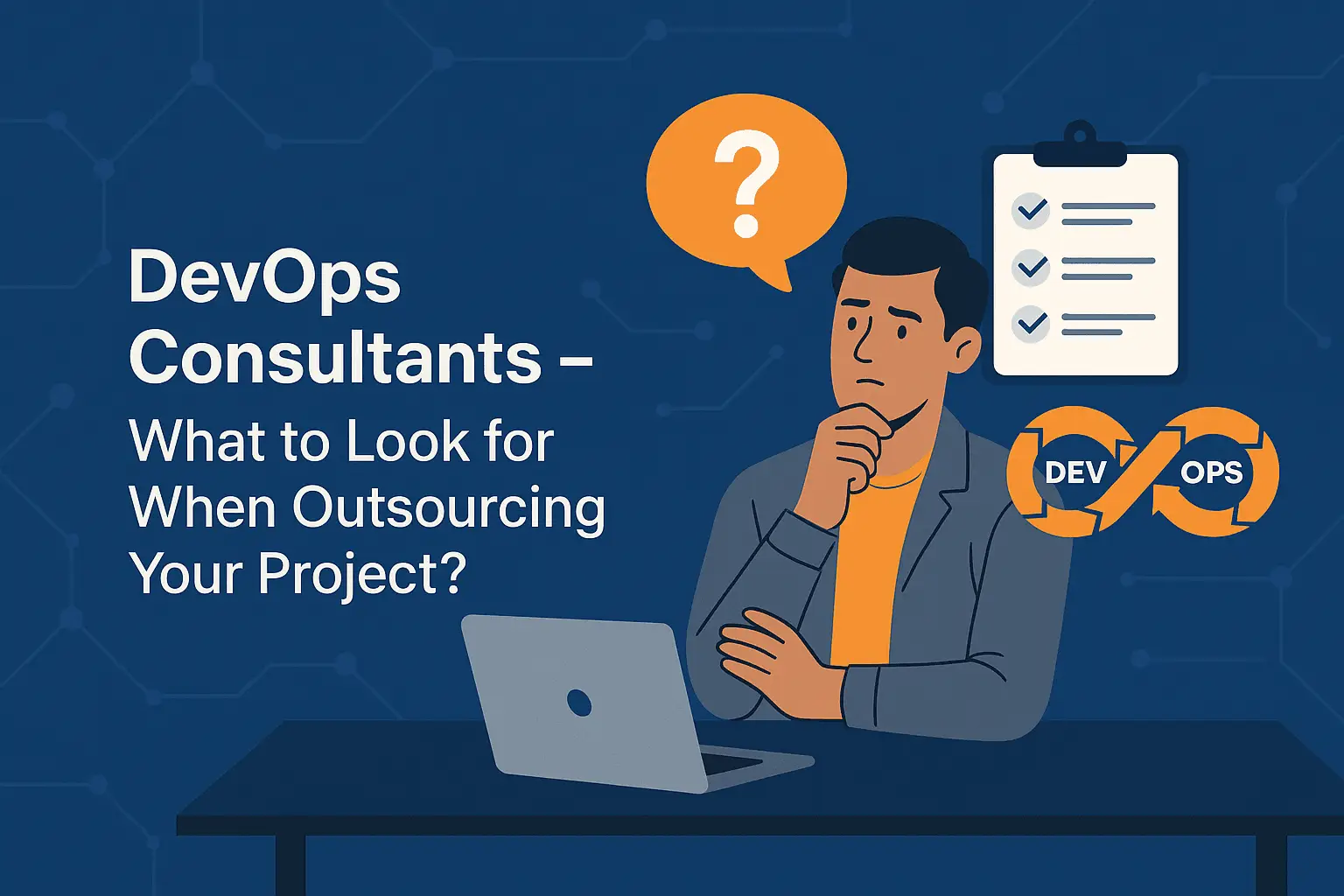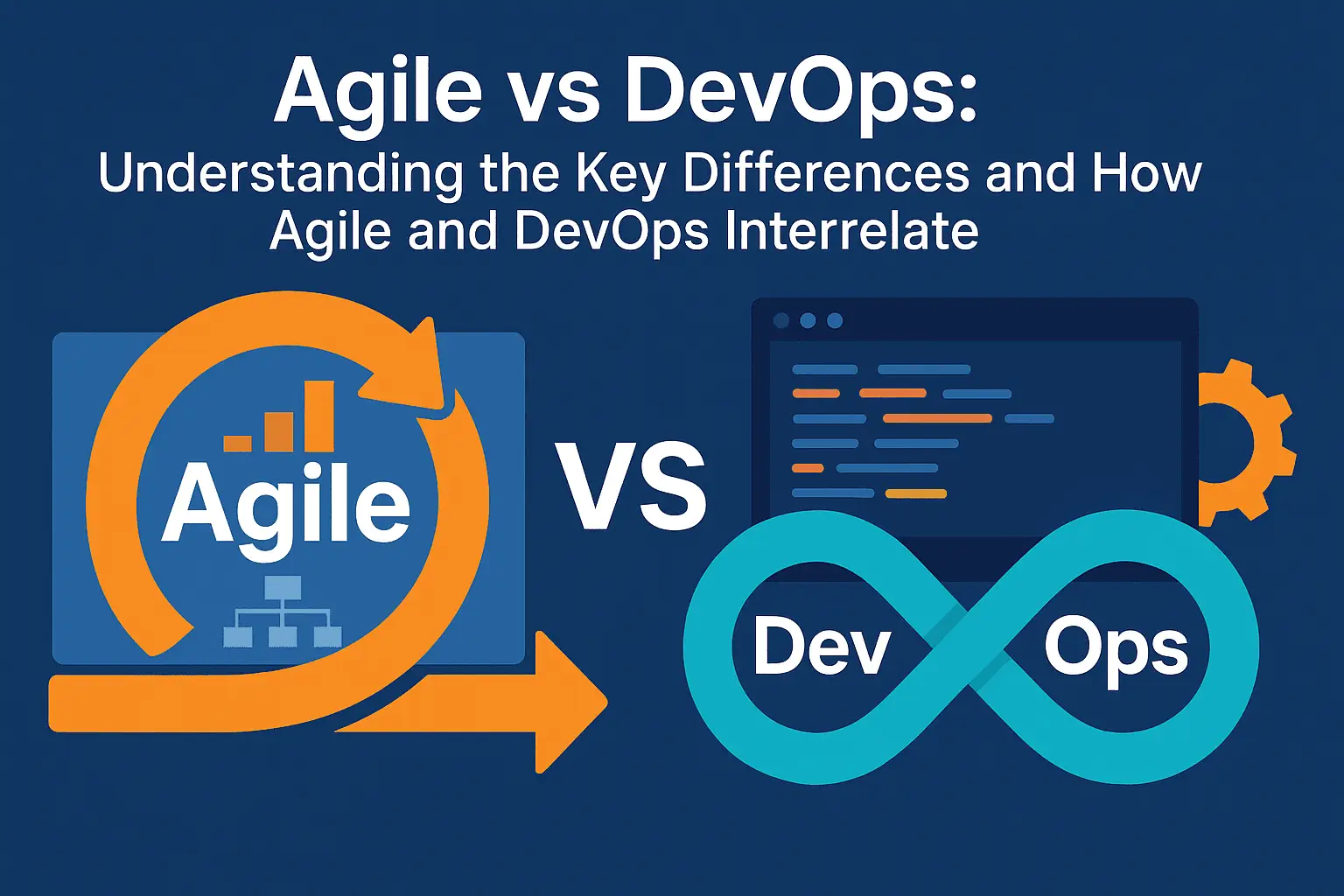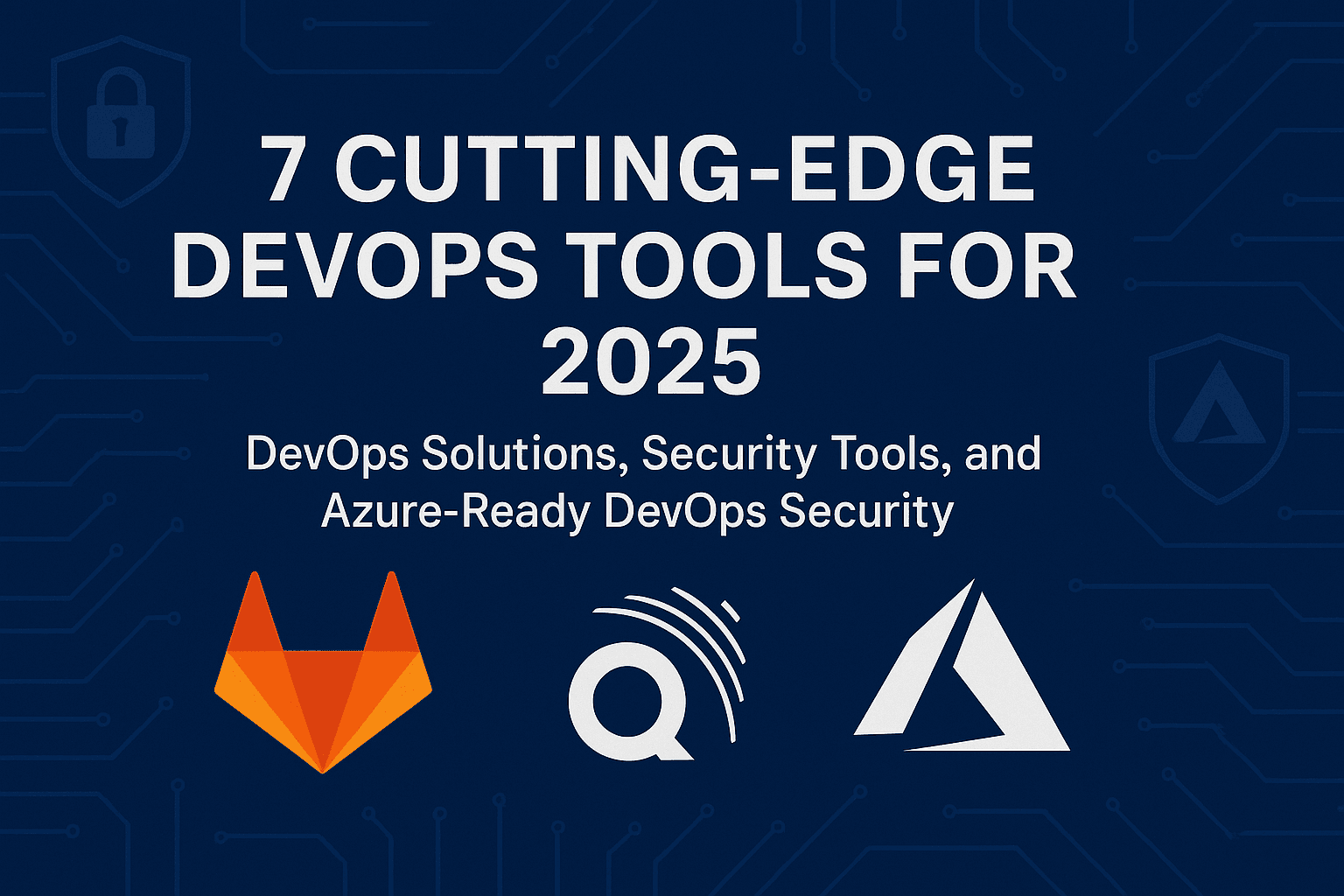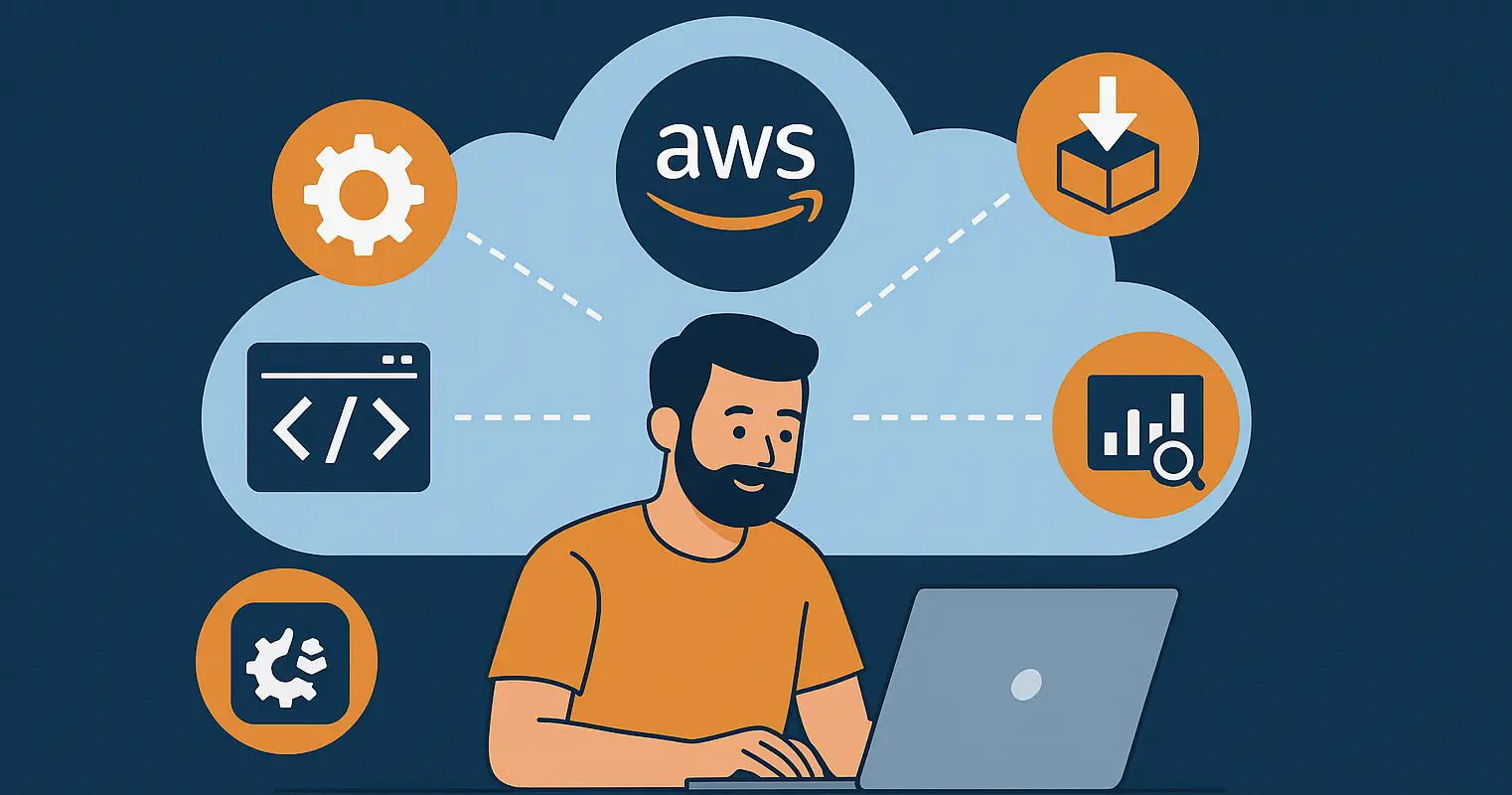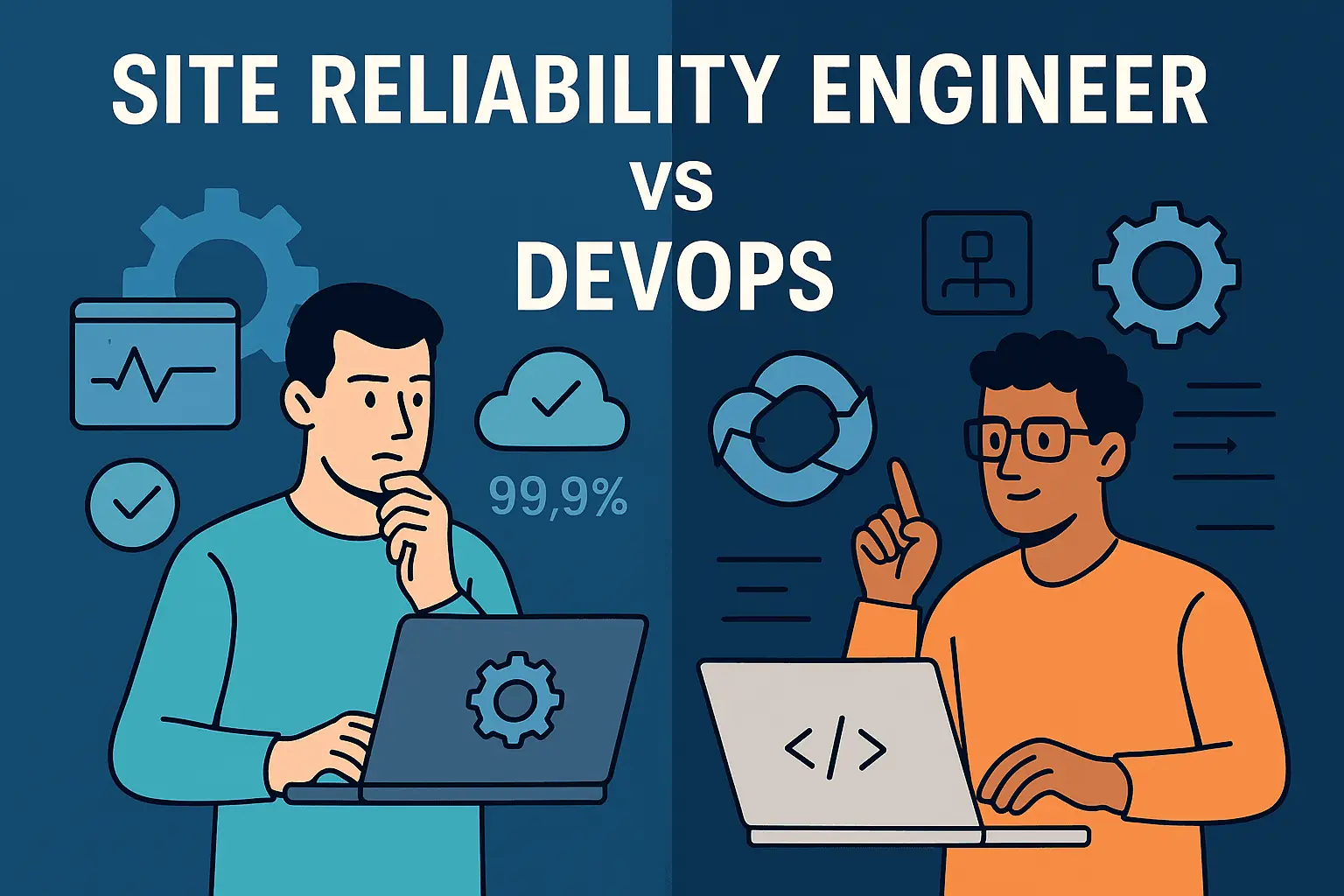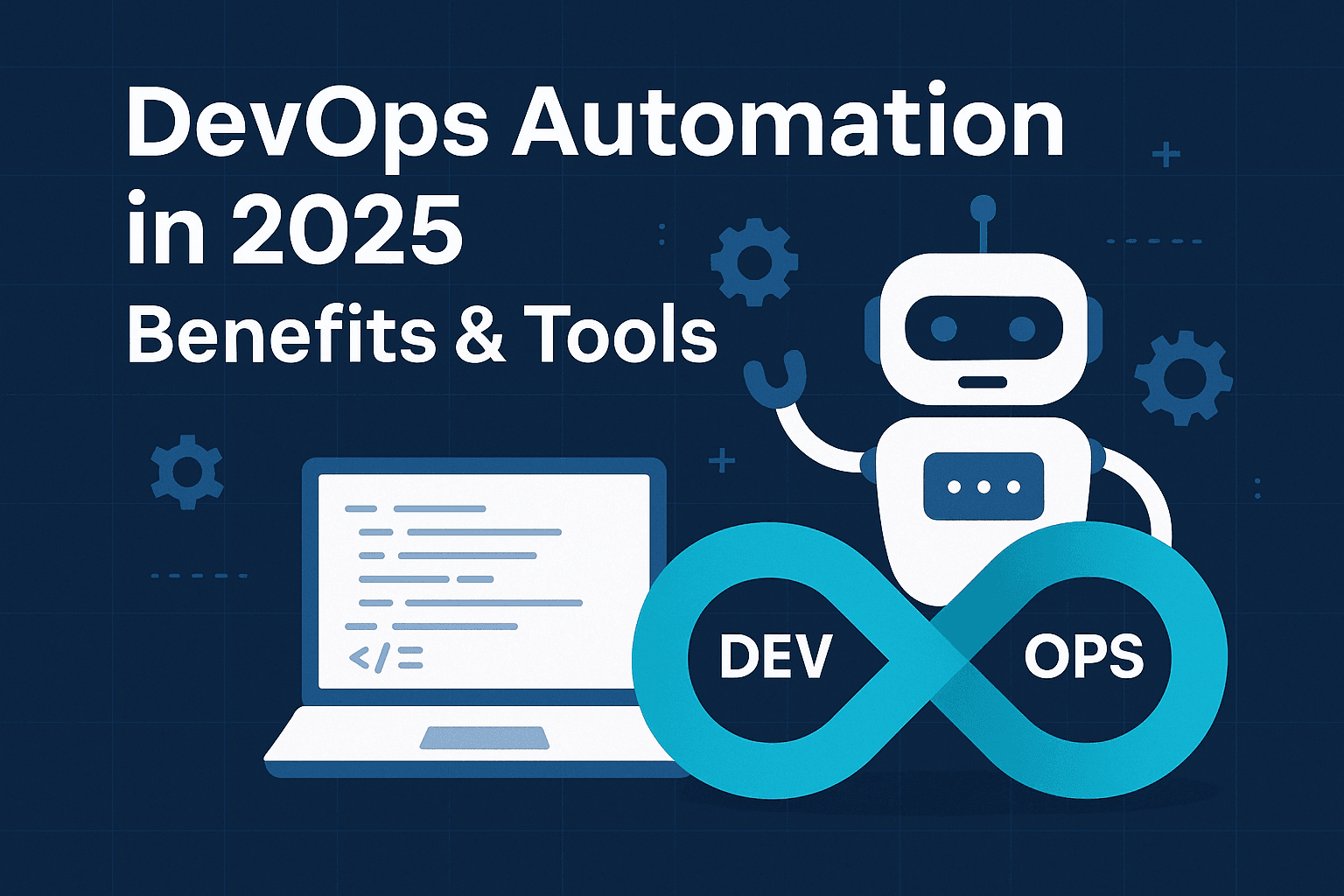So, you’re thinking about getting some DevOps help for your project?
Maybe things feel a bit messy?
Do releases take forever?
Teams argue?
Stuff breaks too often?
Yeah, I get it. It happens to the best of us.
Outsourcing DevOps can be a total game-changer… if you pick the right partner. But how do you know who’s good?
Let’s talk about it, step by step, in super simple terms. Think of me as your buddy explaining it over coffee.
What is DevOps?
Okay, first things first. What is this DevOps thing everyone keeps yelling about? It’s not just one tool or one job. Think of it more like… a new way of working.
- The Mindset Shift: Imagine your developers (the people who build the software) and your operations folks (the people who keep it running smoothly) actually talking. Like, really talking. Sharing goals. Not blaming each other when things break. That’s the big culture change DevOps brings. It’s about breaking down that old “us vs. them” wall.
- The Tech Stuff: Of course, there are tools involved! Automation is key. Think robots (but software robots) doing boring, repetitive tasks like testing code or pushing updates. This frees up your humans for cooler stuff. It also means things happen faster and more reliably.
Why Businesses are Adopting DevOps for Agility
Its simple: Businesses are choosing DevOps consulting services for Speed and Survival. The world moves fast, right? Customers want new features now. Competitors are always trying new things. Old ways of releasing software (like taking months) just don’t cut it anymore. DevOps helps businesses be:
More Agile: Able to change direction quickly. See what customers like? Build more of that! Something not working? Fix it fast! DevOps makes this possible.
Benefits of DevOps for Growing Enterprises
Alright, you get the why. But what does DevOps actually do for you? Here’s the good stuff:
- Stuff Gets Out the Door WAY Faster: Remember waiting ages for updates? A DevOps engineer uses automation to push code live quickly for deployment. Think hours or days, not weeks or months. You can finish software development and get features to customers now.
Improved collaboration between teams
- Teams Stop Fighting (As Much): When Devs and Ops share the goal (happy, stable software!), they start working together. Less finger-pointing, more problem-solving. It’s way less stressful.
Reduced failure rates and quicker recovery
- Things Break Less (And Fix Faster): Automation catches bugs early. Good practices mean changes are safer. But hey, things will still break sometimes – it’s tech! The magic is recovering super fast. Minutes instead of hours or days of downtime. Customers stay happy.
- Happier People, Seriously: Automating boring tasks? Removing blame? Making releases smooth? That makes your team way less stressed and more productive. Big win.
Choosing the Right DevOps Consultant
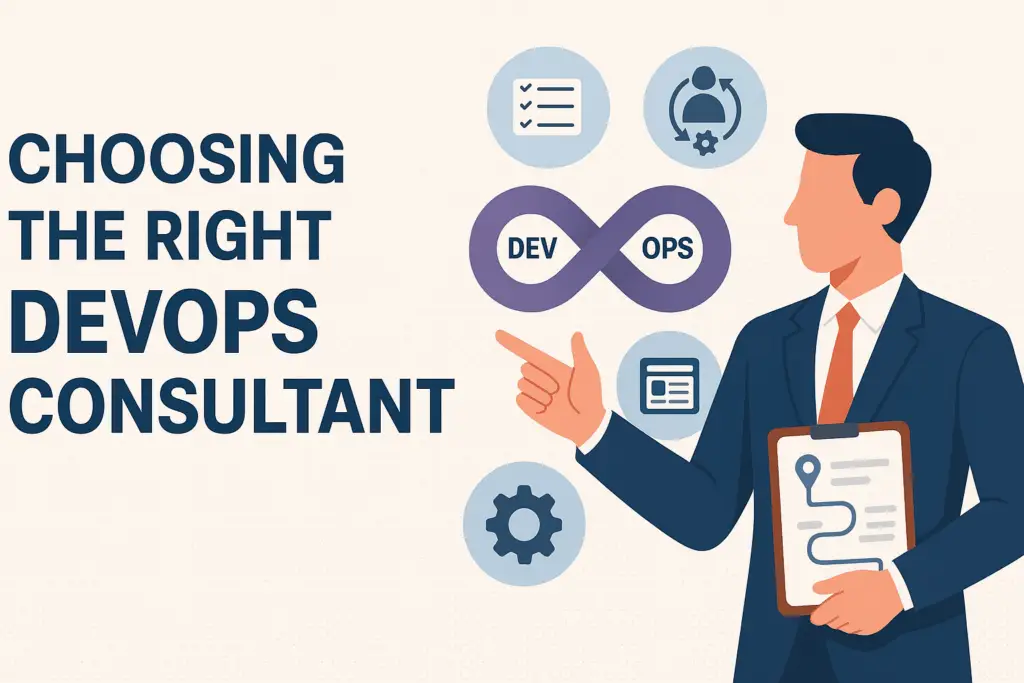
This is the big one. Outsourcing DevOps means trusting someone with your baby (your project!). You need the right partner. Not just someone who knows tools, but someone who gets you. Here’s what to look for:
- They Listen WAY More Than They Talk
- They Speak Human, Not Robot
- They Care About Your Culture
- They Show You the Plan (Roadmap)
- They Build For Your Future, Not Just Now
Questions to ask before hiring a DevOps Consultant
- “Can you show me examples of problems like mine that you’ve fixed?”
- “How will you help my Dev and Ops teams actually collaborate better?”
- “What does your typical plan look like? Can you walk me through the steps?”
- “How do you handle it when things go wrong?” (Stuff will go wrong!)
Effective DevOps Implementation: Strategy to
Execution
Okay, you hired someone awesome! How does it actually roll out?
- Planning & Roadmap: Where are you now? Where do you want to be in 6 months? A year? Map out the journey.
- Tool Time (Wisely): Choose the right tools for your needs—not just the flashiest.
- CI/CD – The Heartbeat: Merge code often, test automatically, deploy fast and safely.
Use DevOps to Accelerate Business Agility
Adapting quickly to customer and market needs
This is the ultimate prize, right? DevOps isn’t just about tech; it’s about making your whole business faster and smarter.
- React Like Lightning – Fix issues, ship features before your competitors do.
Creating feedback-driven development cycles
- Feedback is Gold – Tight feedback loops help you course-correct quickly.
How DevOps Supports Digital Transformation
Want to innovate? Go fully online? DevOps is the backbone of that journey. It enables reliable, scalable delivery of new digital services.
DevOps Insights and Future Outlook
DevOps keeps evolving! Here’s what’s getting buzz:
- AI & Machine Learning (ML) Helpers
- Super Observability
- Security from the Start (DevSecOps)
- Platform Engineering
Final Thoughts
A successful long-term DevOps strategy goes far beyond selecting the right tools—it’s about nurturing a culture of collaboration, transparency, and continuous improvement. While automation and CI/CD pipelines are important, true agility stems from shared ownership, cross-functional alignment, and learning from feedback.
Businesses should focus on embedding DevOps principles into their organizational DNA, enabling teams to experiment, recover quickly, and evolve with changing demands. Invest in upskilling, support adaptive leadership, and prioritize clear communication. When culture and strategy align, DevOps becomes a growth engine—not just for IT, but for the entire organization. That’s how you future-proof your delivery.

